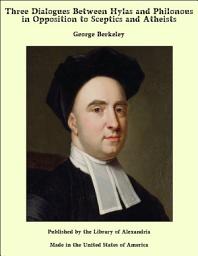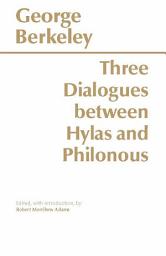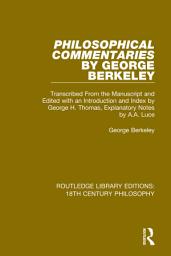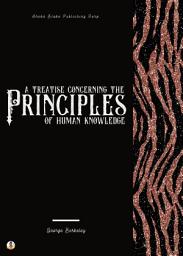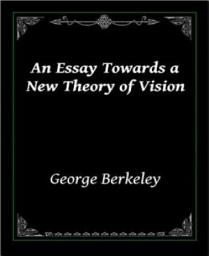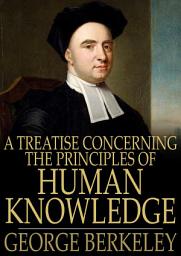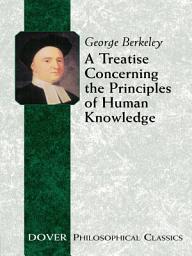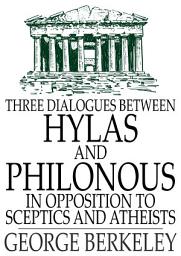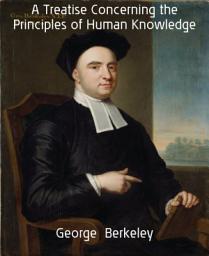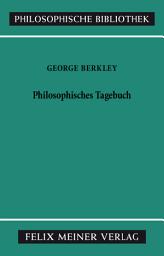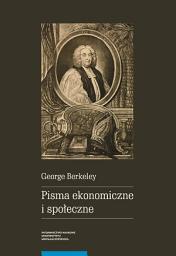George Berkeley
George Berkeley, known as Bishop Berkeley, was an Anglo-Irish philosopher, writer, and clergyman who is regarded as the founder of "immaterialism", a philosophical theory he developed which was later referred to as "subjective idealism" by others. As a leading figure in the empiricism movement, he was one of the most cited philosophers of 18th-century Europe, and his works had a profound influence on the views of other thinkers, especially Immanuel Kant and David Hume. Interest in his ideas increased significantly in the United States during the early 19th century, and as a result, the University of California, Berkeley, as well as the city of Berkeley, California, were both named after him.
In 1709, Berkeley published his first major work An Essay Towards a New Theory of Vision, in which he discussed the limitations of human vision and advanced the theory that the proper objects of sight are not material objects, but light and colour.
In 1709, Berkeley published his first major work An Essay Towards a New Theory of Vision, in which he discussed the limitations of human vision and advanced the theory that the proper objects of sight are not material objects, but light and colour.
Ebooks



